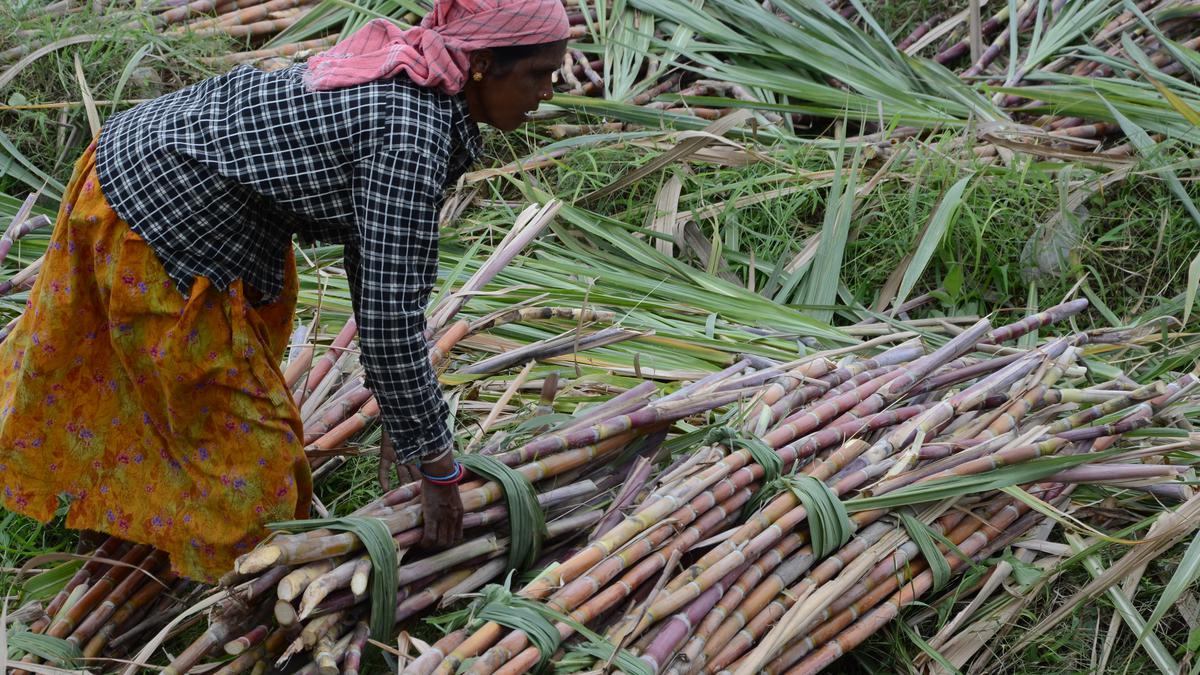
Sugar mills association signs agreement with research institute to develop new varieties, increase yield
The Hindu
The Indian Sugar Mills Association has signed a Memorandum of Understanding (MoU) with the Indian Council of Agricultural Research-Sugarcane Breeding Institute, to develop new varieties of cane that will give better yields and higher sugar recovery.
The Indian Sugar Mills Association has signed a Memorandum of Understanding (MoU) with the Indian Council of Agricultural Research-Sugarcane Breeding Institute, to develop new varieties of cane that will give better yields and higher sugar recovery.
Aditya Jhunjhunwala, president of the Association, told The Hindu on Tuesday that the five-year project will involve 25 sugar mills and successful varieties, suitable for tropical and sub-tropical regions, will be released to farmers every year.
The project involves a financial outlay of ₹7.5 crore and is essential to meet the growing needs of ethanol from sugar mills, he said. “Now, we have a good balance of domestic and export consumption of sugar and ethanol. If we create capacities for ethanol, how do we fulfil it ? We are trying to increase cane yield and recovery. The average yield now is 80 tonnes per hectare and the project targets 100 tonnes. In the case of recovery, it is 10.85% at present, and the target is 11.5 %. Farmers will get better payments when yield increases. The project involves big mill testing, to assess the real advantage of varieties,” he said.
According to a press release from the Institute, G. Hemaprabha, director of the Sugarcane Breeding Institute, said the project involves evaluation of elite sugarcane clones in sugar mills located in different zones of the country. Over 40 superior clones will be tested for yield and quality potential.
The Association has signed an agreement with the Institute for another project too, that will determine whether sugarcane consumes a huge volume of water, and what its exact water requirements are. This will help farmers with water management for the crop, Mr. Jhunjhunwala said.











